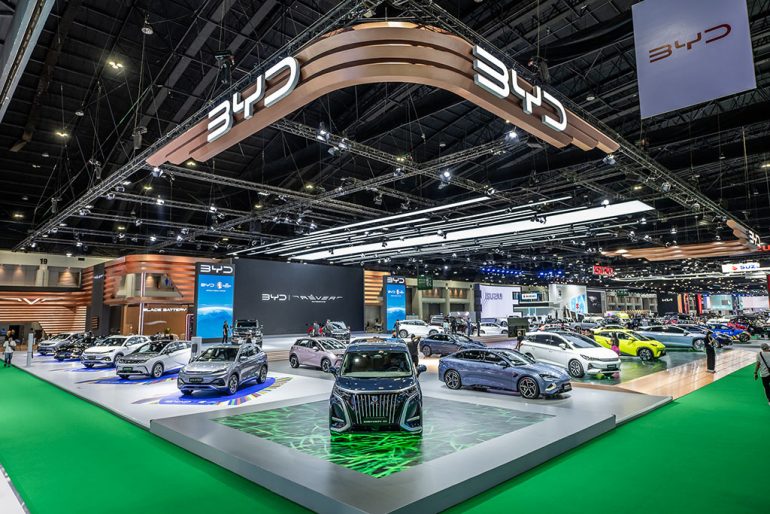
President Joe Biden’s administration is set to significantly increase tariffs on electric vehicles (EVs) imported from China, a move that could nearly double their prices in the US. Originally implemented by former President Donald Trump through the “Section 301 Tariffs,” the existing 25% tariff on Chinese EVs could see an increase of up to nearly 100%, according to sources familiar with the matter cited by The Wall Street Journal. This escalation aims to make it even more challenging for Chinese battery-powered EVs to penetrate the US market.
The revisions to the Section 301 tariffs, expected to be announced soon, won’t just impact EVs. A review initiated in 2022 has led to plans for broader tariffs on various Chinese products. Alongside the heightened tax on Chinese EVs, additional tariffs will target semiconductors, solar equipment, and medical supplies like syringes and personal protective equipment.
This move by the Biden administration reflects ongoing concerns about Chinese-made products flooding global markets, particularly in the EV sector. Lawmakers have been advocating for action to counter the rise of Chinese EVs, with some even pushing for a complete ban. China has criticized these measures, accusing the US of violating international trade regulations.
Despite the stringent tariffs, there’s a notable exception: Mexico. While the restrictions apply to EVs manufactured in China, they don’t necessarily extend to Chinese products made in Mexico. This loophole allows Chinese automakers to potentially continue selling EVs in the US by operating through facilities in Mexico. Companies like BYD have explored this option, although they’ve indicated delays in their plans to sell cars to American consumers.
Other Chinese automakers, such as Chery and Zeekr, have also expressed interest in the US market. Zeekr, a brand associated with the Geely-Volvo partnership, showcased its vehicles at the 2024 Consumer Electronics Show. However, Zeekr’s vice president clarified that their presence at the show wasn’t tied to immediate retail plans for the US market. Similarly, Chery and other Chinese automakers may navigate the tariffs by exploring alternative avenues to reach American consumers.

Mike Floyd is a finance executive by trade and a car enthusiast at heart. As a CFO with a keen eye for detail and strategy, Mike brings his analytical mindset to the automotive world, uncovering fresh insights and unique perspectives that go beyond the surface. His passion for cars—especially his favorite, the Porsche 911, fuels his contributions to Automotive Addicts, where he blends a love for performance and design with his professional precision. Whether he’s breaking down industry trends or spotlighting emerging innovations, Mike helps keep the site both sharp and forward-thinking.